The EU has added a new group of countries to its approved travel list - and Canada was included amongst them.
Just in time for our summer vacations, the EU is making all the right moves in an attempt to sway travelers towards picking one of their member states for a holiday over any other destination. From making cross-border travel between member states easier to member states dropping quarantine and testing requirements, a trip to Europe seem an attractive proposition.
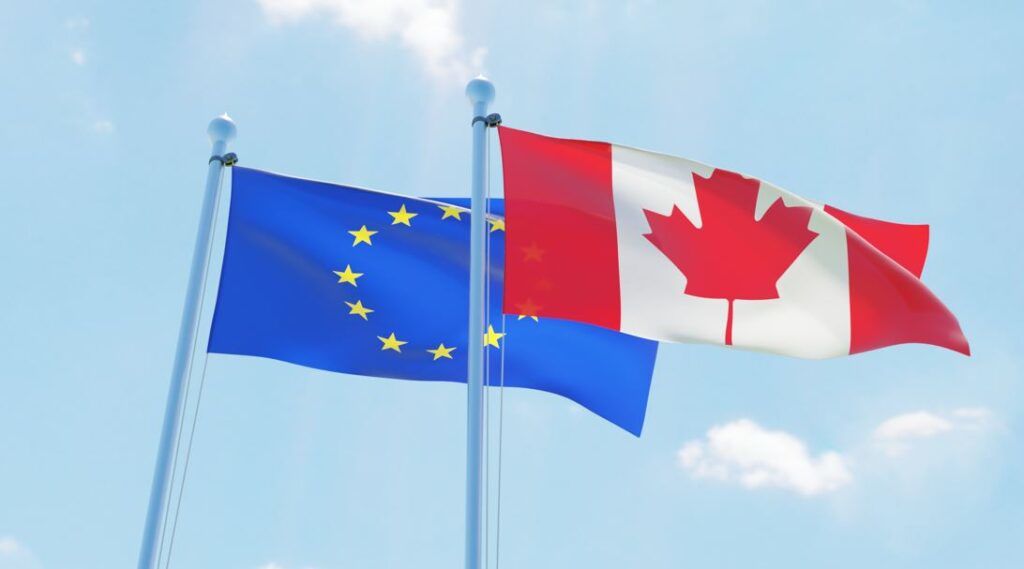
Not only is it attractive, but it’s also accessible to more travelers now after the bloc recommended that restrictions were lifted for 11 more countries – including Canada. Here’s more on this story, plus a reminder of what you should check before heading to Europe.
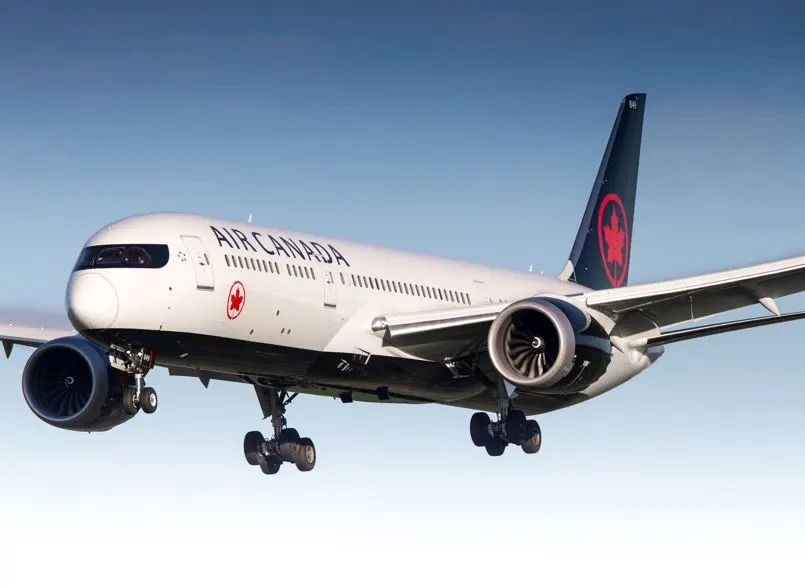
Approved Travel List Widens – Information For Travelers
The rapid spread of Covid-19 across the world led to the EU temporarily restricting non-essential travel to those outside the bloc. However, since June 30th, 2020, the EU began the process of lifting the restrictions on a country-by-country basis depending on the situation in the country in question. Countries were that were deemed safe would be added to an approved travel list, with member states expected to lift restrictions for countries on the list and allow non-essential travel. The list is reviewed every two weeks and, on Thursday, the EU made some additions.

The following countries were recently added to the list:
* Armenia
* Azerbaijan
* Bosnia and Herzegovina
* Brunei Darussalam
* Canada
* Jordan
* Kosovo
* Montenegro
* Qatar
* Republic of Moldova
* Saudi Arabia
These countries should now gradually see travel restrictions imposed by EU member states begin to ease over the coming few days, resulting in citizens from these states being able to head to the EU for vacation purposes.
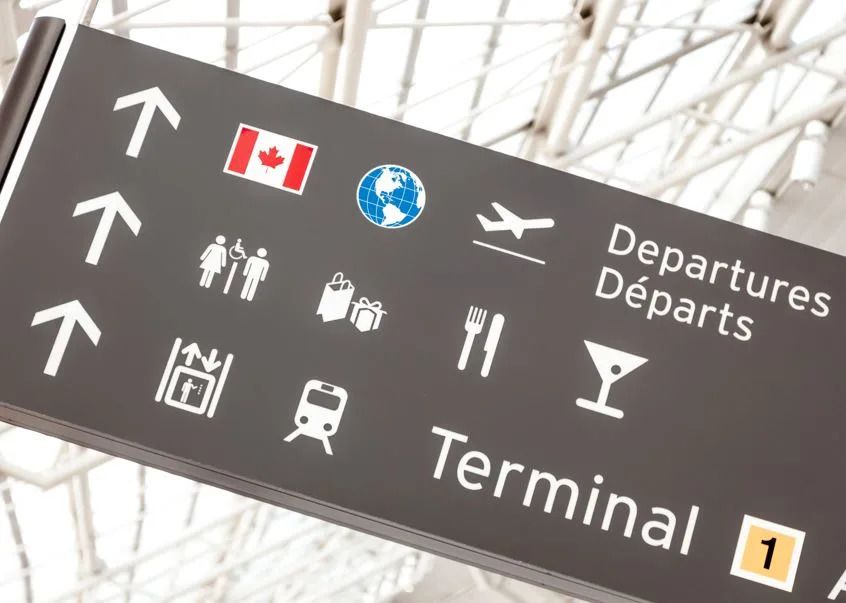
Existing countries already on the approved travel list are:
Albania, Australia, Hong Kong, Israel, Japan, Lebanon, Macao, New Zealand, Republic of North Macedonia, Rwanda, Serbia, Singapore, South Korea, Taiwan, Thailand, United States of America and China (subject to confirmation of reciprocity).
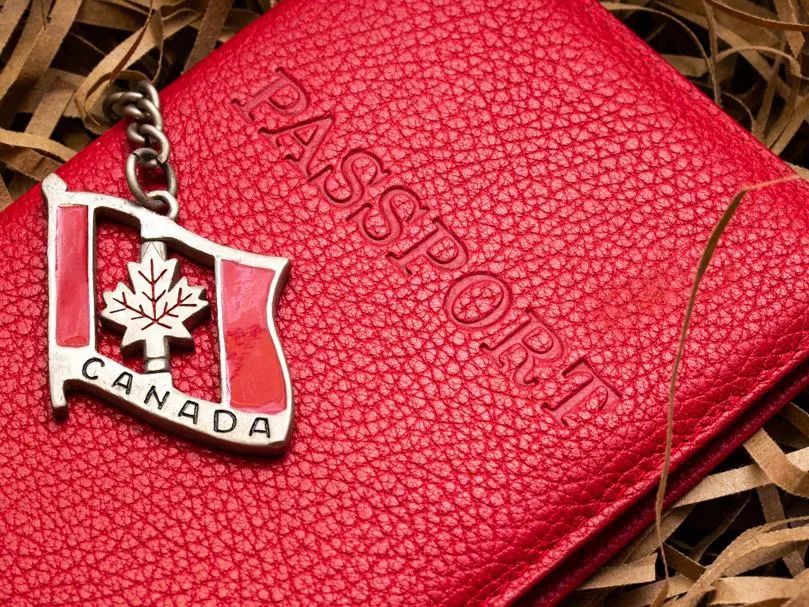
Travelers from any of the approved travel list countries can also take advantage of the EU’s new travel pass, which officially went live on July 1st. Called the EU Digital COVID Certificate (EUDCC), it is issued for free by all EU member states, and proves the vaccination, testing and recovery status of the holder, meaning that the holder should not have to go through any testing or quarantine when traveling throughout the EU. Non-EU citizens can apply for the EUDCC in the country they are visiting.

Due to fears about the Delta variant of Covid-19 spreading across the EU, the UK is yet to make the list of approved countries, whilst politicians across the EU have called for British travelers to be forced to quarantine should they visit the bloc. Some member states have already begun placing restrictions on British travelers.
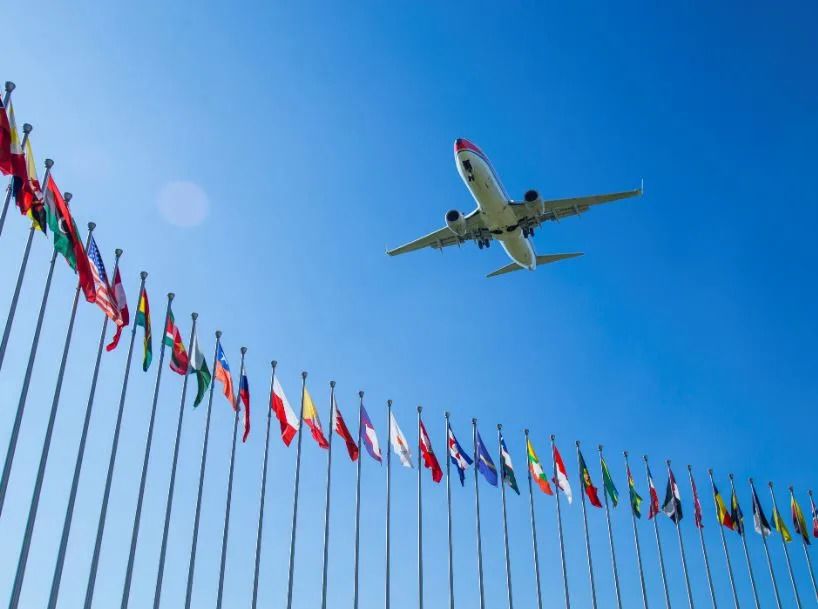
Countries May Have Their Own Restrictions – What Travelers Should Know
Whilst travel may have opened up significantly across the EU, travelers should be aware that each member state is free to introduce its own Covid-19 related rules that may differ significantly from their own home countries. Whereas France and Spain have eased their outdoor mask-wearing restrictions, other countries such as Germany, Greece and Portugal have their own rules. Some countries have reopened their restaurants, such as Italy and the Netherlands, but in Denmark, travelers must prove they are vaccinated or show proof of a recent test. Wherever you plan on traveling, it is essential that you are familiar with the rules of each destination to ensure your goes off without a hitch.
















